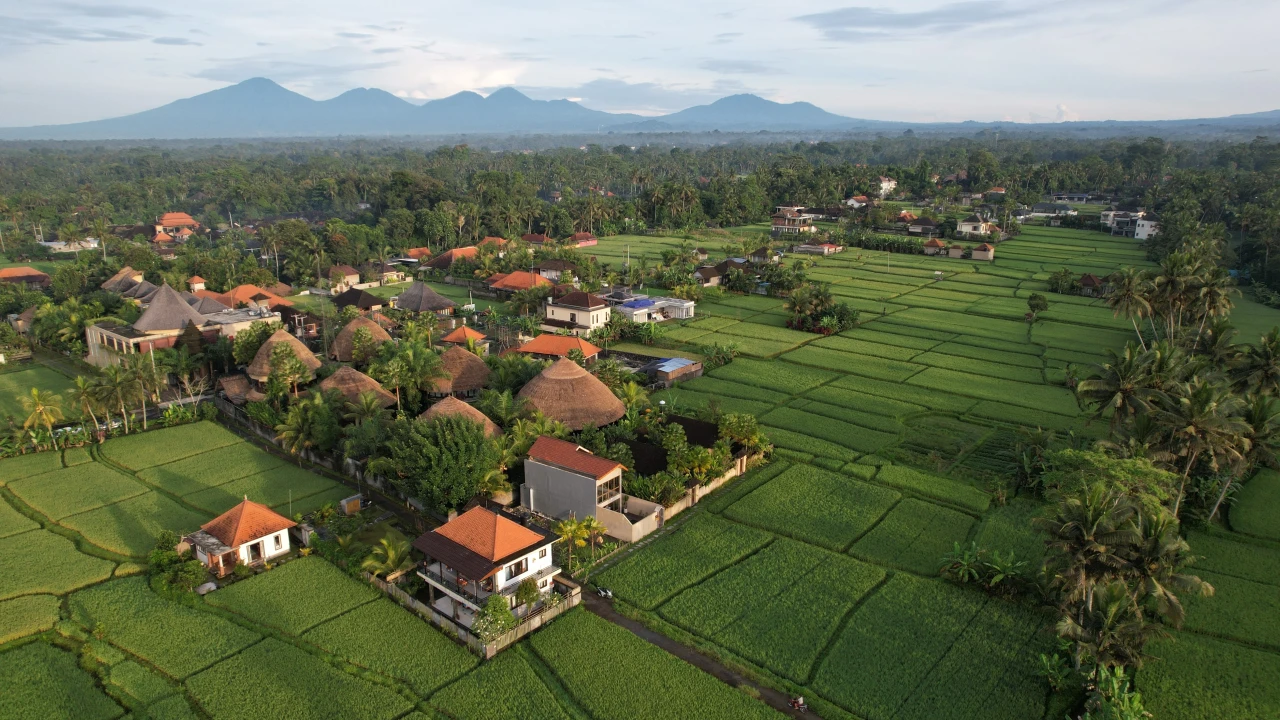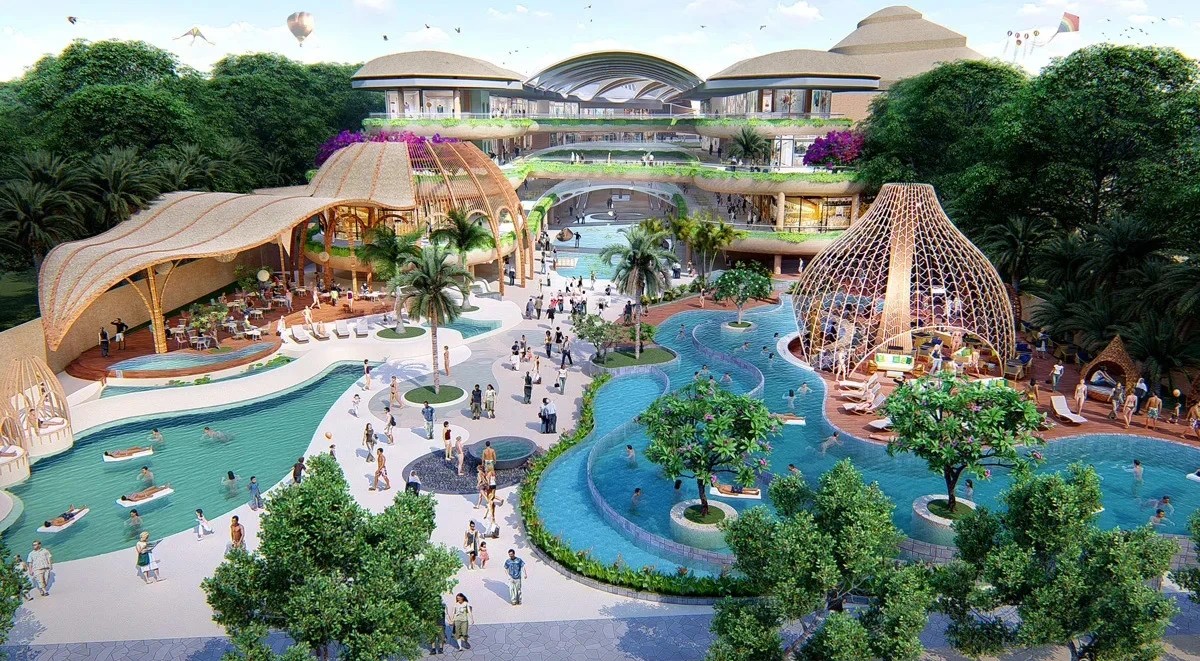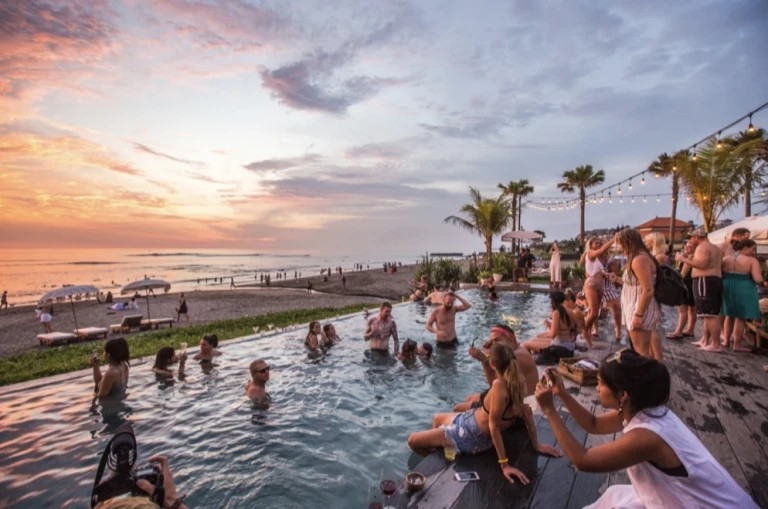Indonesia's Minister of Tourism and Creative Economy, Sandiaga Uno, announced his intention to introduce a moratorium on hotel construction in Bali and to ban the conversion of agricultural land for commercial use. He believes this measure is necessary to maintain high-quality and sustainable tourism, particularly in the southern part of the island, which he considers already overcrowded.

"Final political decisions will be made by the government. When making the decision, potential overpopulation in some regions of Indonesia, which are becoming unsafe and inconvenient, will be taken into account," Sandiaga said.
He added that the new tourism policy would also affect existing accommodation establishments that lack "sustainable aspects." In other words, it will impact businesses on the island that do not address local economic, social, and environmental issues, nor consider the needs of the local community.
However, Sandiaga Uno has yet to clarify what exactly will change and how the new rules will be implemented, as the project is still under discussion. Nonetheless, the minister intends to discuss all the details of the new policies with President Joko Widodo as soon as possible.
"A joint decision with the president will be made regarding specific steps to ensure high-quality Indonesian tourism, which could open new business opportunities and create jobs," he added.
According to the Indonesian Hotel and Restaurant Association (PHRI), the country currently has 29,005 hotels and other accommodations, with 747,066 rooms. Airbnb alone offers over 61,000 listings in Indonesia, with around 34,000 in Bali.
Regarding the "Island of the Gods," the new tourism regulation rules could affect areas such as Badung, Gianyar, Tabanan, and Denpasar, which Sandiaga Uno identified as the most crowded and saturated.
"Of course, we will have to act differently, especially since not all areas in southern Bali are the same. Badung may differ from Tabanan, and we will formulate the details later," he added.
The minister promised that if the new policy is implemented, its results would be closely monitored and assessed for effectiveness every 3-6 months.
PHRI’s General Secretary, Maulana Yusran, fully agreed with the proposed hotel construction moratorium. He stated that in enhancing the quality of tourism, one should not forget about the beauty of the local environment.
"If asked whether we agree? I definitely agree. Because if every space is filled with buildings, where is the natural beauty? First, the beauty of nature is lost. Second, population density increases," Maulana said.
At the same time, Minister Sandiaga Uno clarified that this policy does not conflict with the government’s goal of reaching a target number of foreign tourists. The number of international guests visiting Bali has been rising yearly, and in 2024, it could reach 14 million.
Indonesia’s Central Bureau of Statistics confirmed that from January 2024 to the end of July 2024, the number of international tourists arriving in Bali reached 7.75 million, marking the highest figure since the post-pandemic years. The island is experiencing growth not only in holidaymakers but also in digital nomads, expats, and international investors.
The Indonesian government continues to encourage this growth. First, by launching new flights. Second, they are currently discussing the removal of visa fees for tourists from the countries with the highest number of visitors.
If this idea is implemented, tourists from 20 countries could enjoy visa-free travel. This would mean they would no longer need to pay for a visa on arrival for short trips. The relaxation may primarily benefit travelers from Australia, China, the UK, the US, India, and South Korea.



You can add one right now!